AHGBI - Annual Conference 2006
Materias de especialidad:
Correo electrónico:
Información adicional:
Call for individual papersProposals are invited from Association members for individual papers (25-30 minutes) on any area of research relating to Spain, Portugal or Latin America. The conference organisers will attempt to group papers into coherent or logical sessions. An abstract for the proposed paper (150-200 words) should be sent to the Conference Secretary, marked 'AHGBI conference', by 1st October 2005.Call for panelsProposals are invited from Association members for panels (4 papers each of 25-30 minutes) on any area of research relating to Spain, Portugal or Latin America. The panel organiser should arrange for an abstract for each paper (150-200 words) to be sent to the Conference Secretary, marked 'AHGBI conference', by 1st October 2005. Each abstract should indicate clearly the Panel to which it belongs and the name of the panel organiser. The participation of non-members in panels should be agreed in consultation with the conference organisers before invitations are offered. Some money may be available to help cover the costs of an invited speaker. If the proposal is accepted, the panel organiser will be informed and will take on responsibility for organising a Chair for the session. The conference organisers will liaise with the organiser of the panel and it will be the panel organiser's responsibility to ensure that the members of the panel are kept informed of all details relating to the panel.The following panels have already been proposed: * Language (Dr Jaine Beswick, University of Southampton)* Medieval (Dr Barry Taylor, British Library)* Golden Age (Prof. Terry O'Reilly, University College, Cork)* Lusophone Studies (Dr Patricia Odber de Baubeta, University of Brimingham). Colleagues wishing to offer papers in any of these panels should contact the panel organiser indicated. Panels on any other subject or field will be considered, and these may be as narrowly-focussed or wide-ranging as the organiser considers appropriate (e.g., The works of Pérez Galdós, Latin-American History, Contemporary Spanish Cinema, etc.).Proposals for all individual papers and panels should be sent by e-mail, fax, or post to the Conference Secretary, marked 'AHGBI conference' by 1st October 2005.
País:
